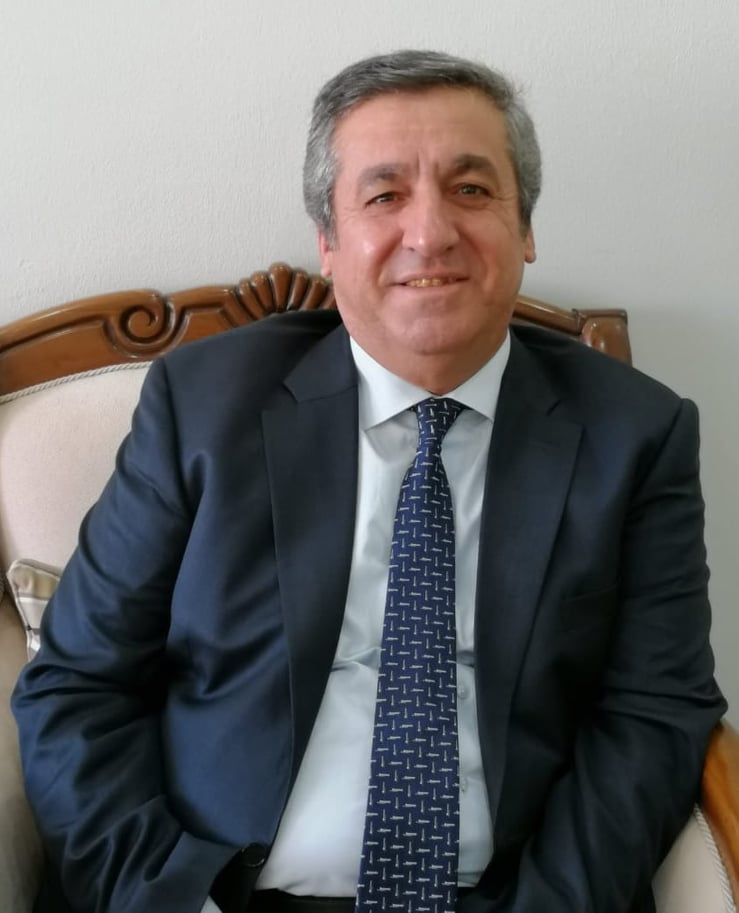
The Rights of Others and the Bonds of Conscience
Everything to which we bind ourselves… envelops us with a warm sense of security and possession. Like a branch, a person clings: to another person, to an idea, to a fear… And every bond weaves a path for the conscience with invisible threads. For whatever a person attaches themselves to, they become a slave to; every bond builds a wall within the heart, muffling the voice of conscience.
Conscience is a person's inner compass. The forbidden (haram) and the permissible (halal) are the ancient markers of this compass. Their form changes across eras and societies, but their essence remains constant: a person is responsible not only for themselves but also for others. This responsibility exists not to suppress differences, but so that differences may complete one another.
Yet, any domination, oppression, or imposition that shadows free will is an act against conscience. It violates the rights of others. Only those who are spiritually ignorant and indifferent do such things. However, the ancient Syriac teaching says: “Those who cannot forgive, become bound. Those who cannot let go, become enslaved. Those who trample on rights, extinguish the light within themselves.”
For true consciousness is not content merely with refraining from wronging others; it protects rights, restores what is diminished, and fills voids with goodness. Violating another's rights is not merely seizing their property or money. The real danger is quieter, more invisible: anything that causes harm to oneself or another is a violation of rights. Abandoning a heart mid-journey. Stealing a hope. Quenching a soul’s joy for life. Breaking a promise. Exploiting goodwill. Neglecting an obligation. Suppressing a person’s free will.
A person causes hurt and inflicts wounds not only with their hands but also with their words, their gaze, their indifference. These wounds have no court of law, but they are weighed on the scales of conscience. Every broken heart, every exploited emotion, every shed tear will, sooner or later, be brought before the scales of justice. For the divine order records intention and action, placing them on the scale when the time is right.
The more one clings, the heavier one becomes. As a person binds themselves to their fears, passions, and possessions, they dull their conscience. Yet, there is also letting go: letting go not of the burden, but of the tainted intention. True virtue is to rid oneself of excess and become a light to the hearts of others. For what is truly halal is to leave no one incomplete.
The best companion is not the person who loves us, but the one who understands us. For all journeys begin with understanding. On every journey, a person leaves behind a trace: some leave a pleasant memory and prayers of goodwill, others leave regret and silent resentment… In the end, what will vindicate a person is having lived conscientiously—without victimising anyone, without crushing anyone under oppression, and by completing differences rather than suppressing them.
To exist with goodness is to leave a good trace. Therefore, the rights of others are not merely about not wronging them; it is about protecting rights, even multiplying them. As the Ninivite Mor Isaac (7th Century) said: “Do not return evil with evil, lest the goodness within you grows cold. Do not hurt anyone, lest your own heart be hurt.”
For causing hurt is also a violation of rights; whereas goodness is the only true force that repairs emptiness. And each morning, a person should ask themselves: “What have I done today? Did I live lightening a burden, or diminishing a heart?”
True conscience is to respect free will and never violate the rights of another human being. What is truly halal / lawful is to leave no one incomplete. What is truly halal / lawful is to be hope, to be light, to be compassion, to be a balm, and to leave a lasting benefit. What is truly halal / lawful is to victimise no one in any way. And true freedom is to let go of what one clings to, to become lighter, to shine as one is purified.
Yusuf Beğtaş
You can also send us an email to karyohliso@gmail.com
Leave a Comment